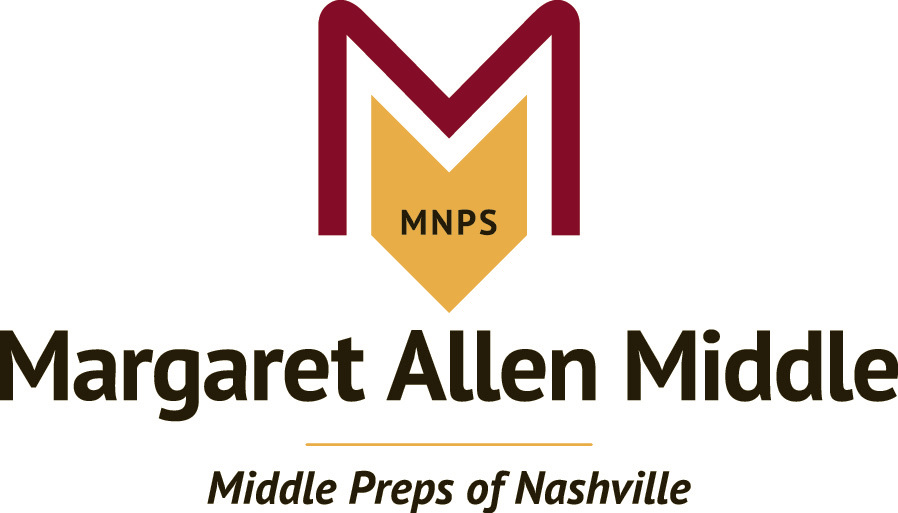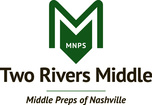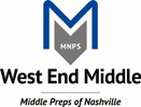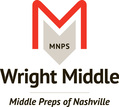|
"Culture eats strategy for breakfast." ~Peter Drucker 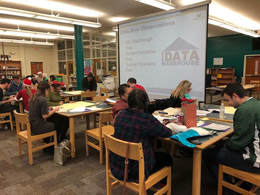 This quote summarizes the importance of culture in an organization. On December 12, 2017, Dr. Shelly Dunaway, Executive Principal at Two Rivers Middle, and her staff used the collaborative inquiry process to analyze culture and climate data for informing culture and climate change at Two Rivers Middle. The meeting began with a strategy called visual synectic. In this strategy, two seemingly unalike ideas are compared. It is an excellent brainstorming activity and helps develop psychological safety at the beginning of the meeting. For this meeting, staff members engaged in a conversation about "culture is like Walt Disney World because...." After activating and engaging staff members in the conversation about culture, the staff participated in the culture and climate data dive. During the data dive, staff members were asked to make observations of the following culture and climate data sets:
The observations were organized and integrated using the Traffic Light protocol (Lipton & Wellman, 2012) to discuss what might be some next steps to stop, continue, and start for Spring 2018. If you'd like to learn more about their work, go here: www.mnpscollaboration.org/two-rivers-dec-2017-culture-and-climate.html GOOD NEWS!! A BIG SHOUT OUT and THANK YOU to everyone who has been part of the MNPS Collaborative Inquiry work as you are part of work that's being recognized nationally by others.
References: Lipton, L., & Wellman, B. (2011). Groups at work: Strategies and structures for professional learning. Sherman, VT: MiraVia, LLC.
0 Comments
 You might see that acronym BHAG and be thinking......"what in the world does that mean?" Well, Cole Elementary has brought BHAGs to their school (Big Hairy Audacious Goals) as a way of having "unrelenting focus, clarity of thought, consistent communication, alignment of resources, innovation, discipline, and teamwork" (Sparks, 2007, p. 13). Cole Elementary started the year with a literacy BHAG and decided to create a BHAG for math. To create the math BHAG, they used the collaborative inquiry process during grade level team meetings to get teacher voice about the math BHAG. Once the teachers' BHAGs were compiled, the leadership team met to finalize the math BHAG. Then, on November 16th, grade level teams are meeting to collaboratively develop action plans for achieving their math BHAG. To read more about their BHAG work, go here: www.mnpscollaboration.org/cole-elem-bhag-fall-2017 Cole Elementary also participated in the SEL Culture and Climate Walk-through. On November 6th, the collaborative inquiry process was used to help them analyzed the data and discuss actions they might stop, continue, and start to continue working on the culture of the building. To learn more about that exciting work, go here: www.mnpscollaboration.org/cole-elem-culture-and-climate--2016.html If you have a collaborative story to share or would like to request assistance, please contact Margie Johnson at margie.johnson@mnps.org. Reference: Sparks, D. (2007). Leading for results: Transforming teaching, learning, and relationships in schools. Thousand Oaks, CA: Corwin Press.
CONGRATULATIONS to |
|||||||||||||
| goodlettsville_collaborative_inquiry.docx | |
| File Size: | 22 kb |
| File Type: | docx |
The best technique I found for changing my practice was by experiencing the strategy and collaborating with other teachers. Also, a theme that is surfacing as a powerful principle of supporting student success is collaborative professionalism. However, how do we foster collaborative professionalism as a way that we do work and not an additional task added to the overflowing plates of educators?
With these ideas in mind, it’s the main reason why the collaborative inquiry process is taught by immersing school staff in a collaborative experience with the process.
On January 4, 2017, Margaret Allen Middle and Head Magnet Middle had the opportunity to experience the collaborative inquiry process while reviewing the culture and climate walkthrough data. You can read more about their experiences by clicking on their names..
Also, If you and/or your school are interested in learning more about collaborative inquiry and how it can support student success, please feel free to reach out to Margie Johnson at margie.johnson@mnps.org.
Reference:
Sharratt, L. (Fall 2016). Setting the table for collaborative professionalism. Principal Connections, 20(1), 34-37. Retrieved from http://www.lynsharratt.com/pdf/collective_professionalism.pdf
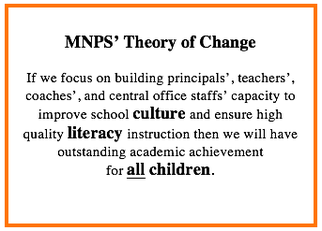
At Rose Park Magnet Math and Science Middle, we used the collaborative inquiry process to facilitate a discussion about the culture and climate data gathered at their school. Common planning teams took a deep dive in identifying key observations from the data, then proposing multiple theories of causation. Now, the leadership team is developing a survey for reaching a consensus on a theory to dive deeper into and creating a community of practice around the issue.
To read more about Rose Park Magnet Math and Science Middle collaborative inquiry journey, please go HERE.
If you have a collaborative inquiry story to share or need any support, please feel free to email Margie Johnson at margie.johnson@mnps.org.
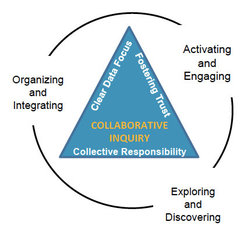
Dr. Maya Angelou has a quote, "When you know better you do better." Well, let's just say that when the lesson where I used cooperative groups was observed, I had ALOT to learn. I had basically put students together and said, "cooperate". I lacked structures, strategies, and principles for facilitating the cooperative learning process.
Today, there's research about the importance of leveraging collaboration and social capital in schools (Hargreaves & Fullan, 2012; Hattie, 2015) for improving student success. However, just like I did in my classroom, educational organizations are putting teachers together in common planning time and saying, "collaborate." How well do you think this is working?
The collaborative inquiry process is a tool for providing structures, strategies, and group dynamic principles to help teams move from dialogue, to discussion, to decisions. The best part is that voices are heard and ownership is fostered, so that the actions really occur.
Let me share with you an example last week, November 8th from Murrell School where the TELL survey data was used with faculty to make recommendations for improving culture and climate. They made some excellent recommendations for supporting student success.
Here's what Susan Siegel, Executive Principal of Murrell School, shared about the process: "It was wonderful! I loved the process, and learned great strategies in working with staff. I talked to several teachers and they really appreciated the steps taken, and felt all voices were heard. Many also said they were pleased that we had a plan to ensure changes. All said you did a terrific job and thought the entire PD was exciting and energizing."
You can read more about Murrell's work at http://www.mnpscollaboration.org/murrell--culture-and-climate-2016-2017.html.
Thanks Murrell for inviting me to be part of the conversation. I look forward to continued collaboration.
If you and/or your school is interested in learning more about the collaborative inquiry process for fostering data conversations, please feel free to contact Margie Johnson at margie.johnson@mnps.org.
References:
Hargreaves, A. & Fullan, M. (2012). Professional capital: Transforming teaching in every school. New York City, NY: Teachers College Press.
Hattie, J. (2015). What works best in education: The politics of collaborative expertise. Retrieved from https://www.pearson.com/content/dam/corporate/global/pearson-dot-com/files/hattie/150526_ExpertiseWEB_V1.pdf
| The culture and climate work at John Early Museum Middle continued on November 2, 2016. Dr. Margie Johnson used the collaborative inquiry process with grade level teams to develop draft vision and mission statements. These statements will be used by the leadership team to revise, edit, and finalize the vision and mission statements. |
Activating and Engaging
What is your Vision for John Early Museum Middle Magnet?
Exploring and Discovering
Text Exploration
| Sitting in quads, a jigsaw strategy was used to process information in an article about vision and mission statements. Vision and Mission Article |
Organizing and Integrating
Draft Vision and Mission Statements
Email Subscription
Click HERE to subscribe to receive emails for the blog posts.
Archives
February 2018
January 2018
December 2017
November 2017
October 2017
September 2017
August 2017
July 2017
June 2017
May 2017
April 2017
March 2017
February 2017
January 2017
December 2016
November 2016
October 2016
September 2016
August 2016
July 2016
June 2016
May 2016
April 2016
March 2016
February 2016
Categories
All
Agenda Template
Behavior Plan
Central Office
Collaboration
Collaborative Professionalism
Collective Efficacy
Community Of Practice
Community Partners
Component A
Component B
Component C
Conference Presentations
Culture
Data Guide
Equity And Diversity
Evaluation Plan
Exceptional Education
Family Engagement
IC Map
Laura Lipton
Leadership
Leading Collaborative Teams
Literacy
Maximizing Time
Mission
MNPS Data Warehouse
NAZA
PreK
Psychological Safety
REL Appalachia
Relational Load
Research
School Spotlight
SEL
SIP
Social Capital
TDUS
Trust
Vision
Welcome
Workshop Materials
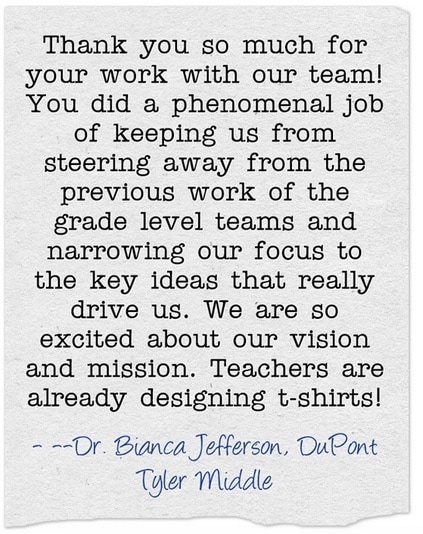

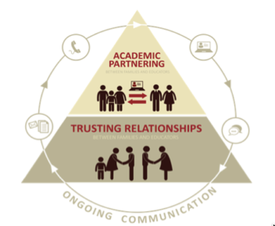
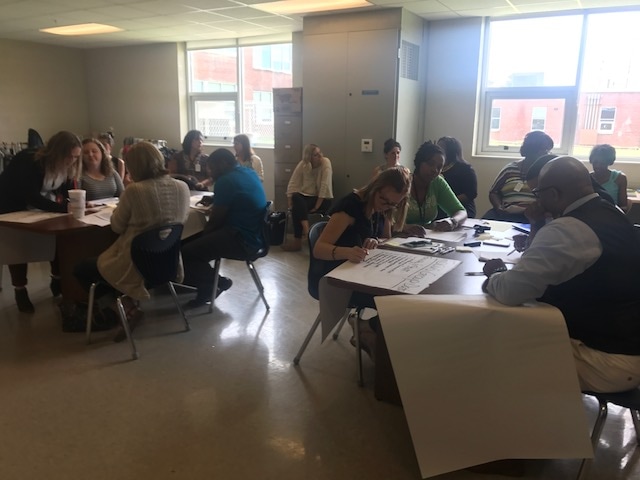
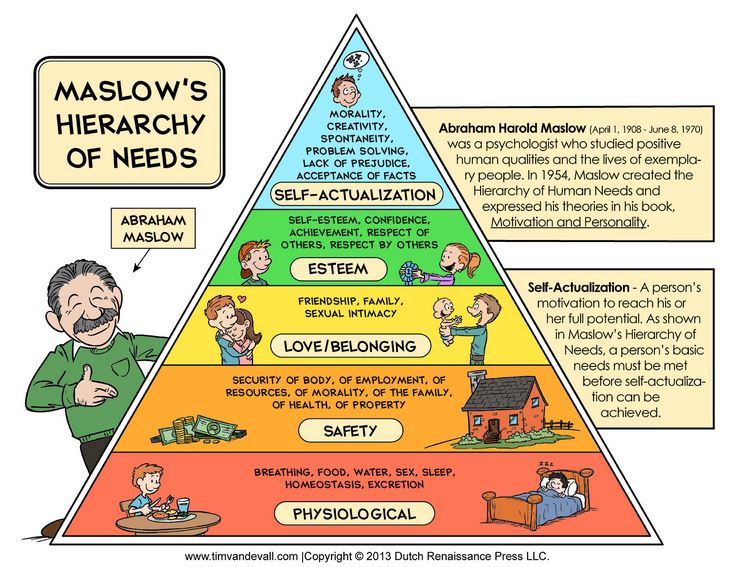

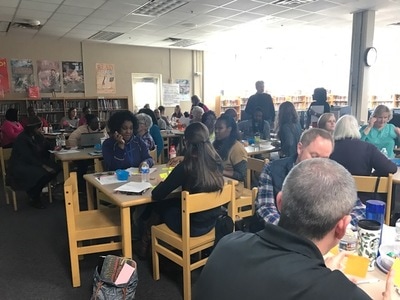
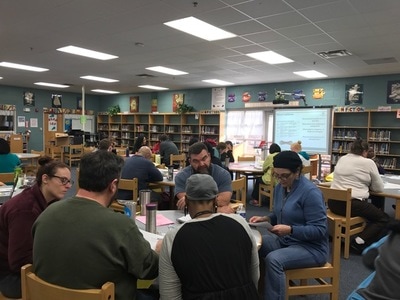
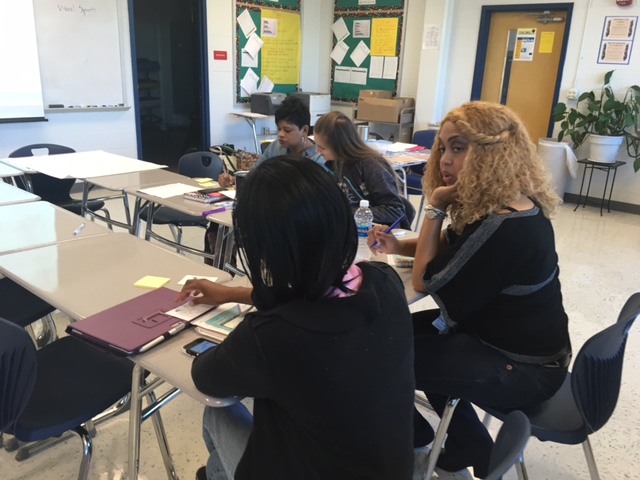
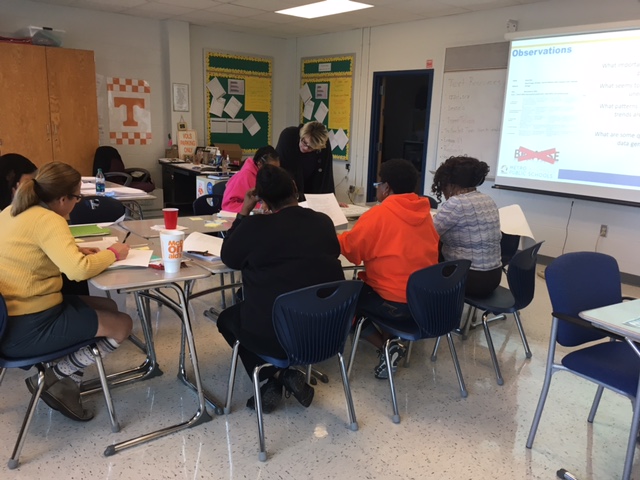
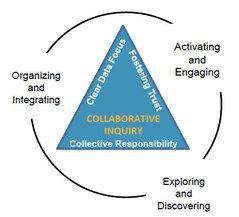
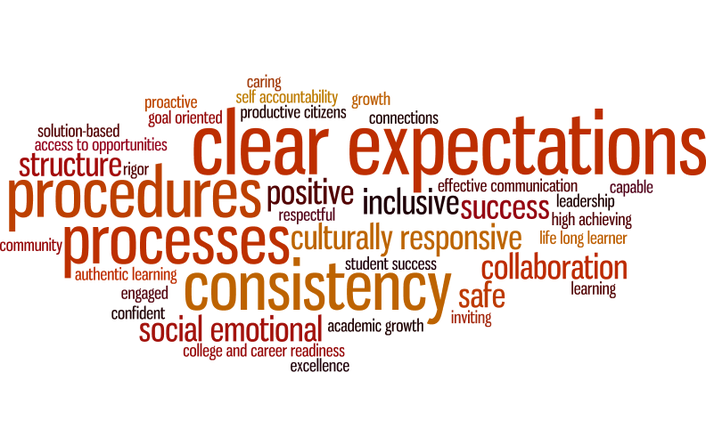
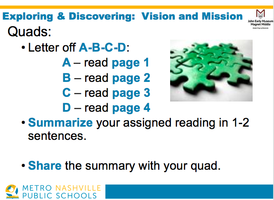
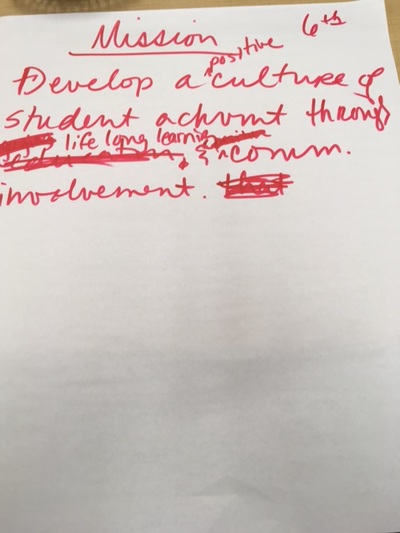
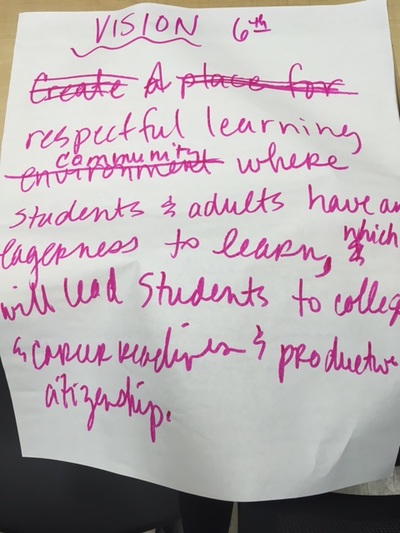
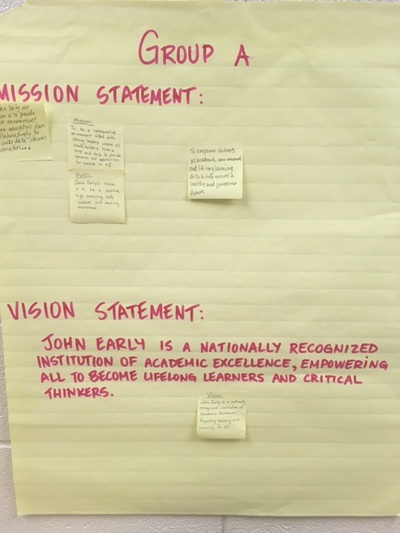
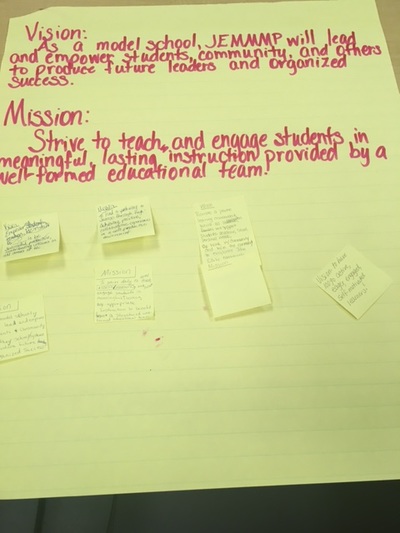
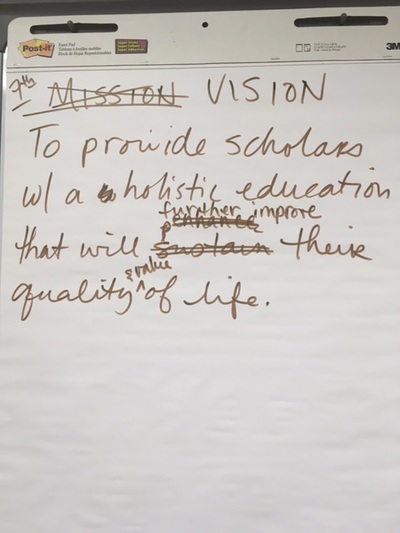
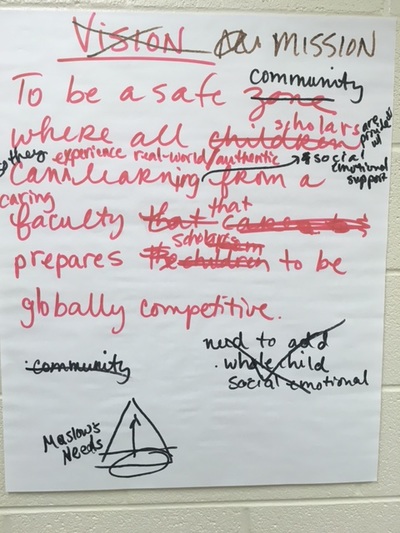
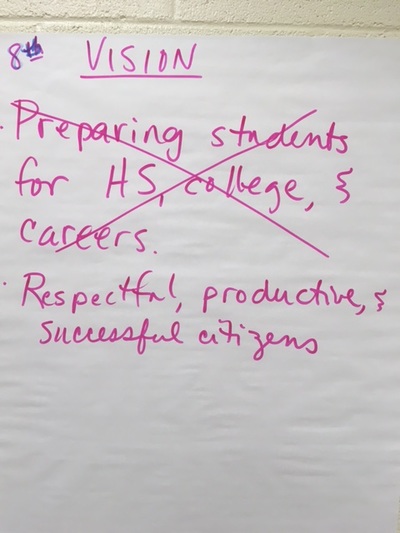
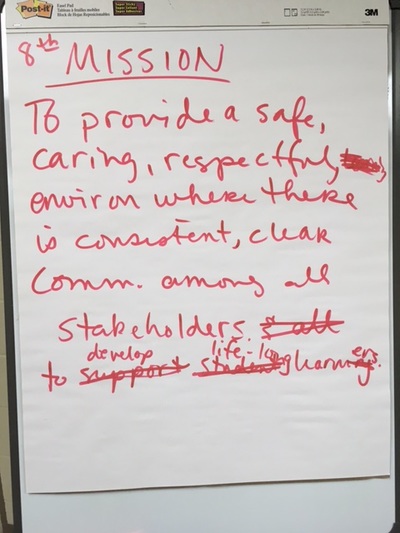
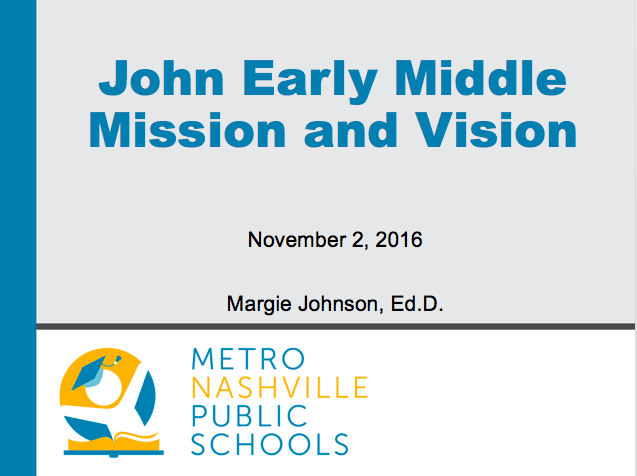
 RSS Feed
RSS Feed

